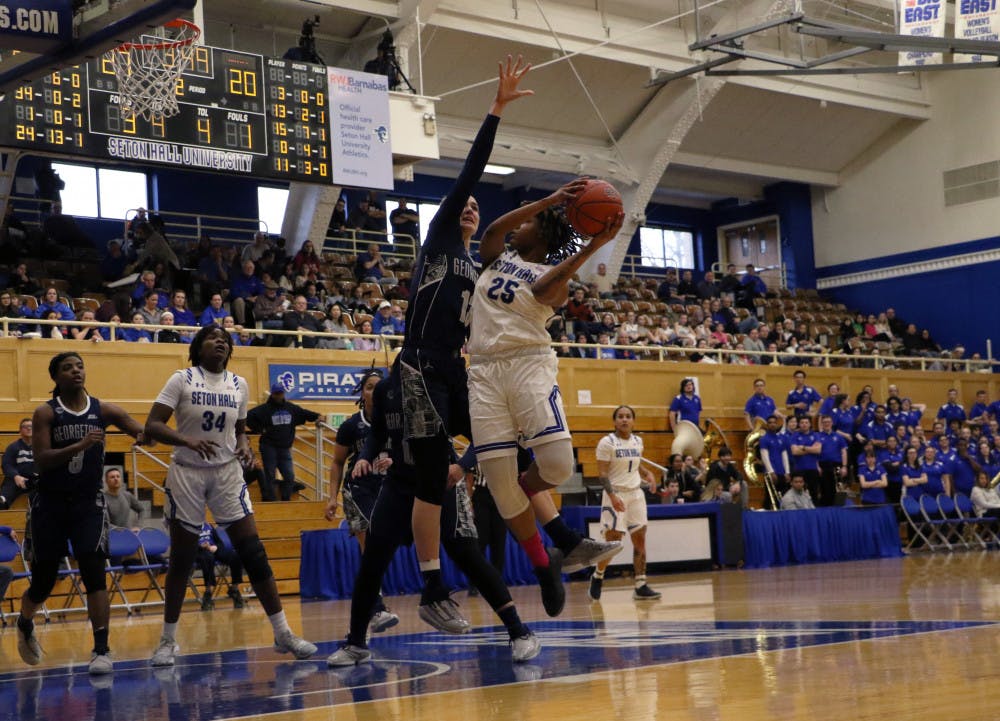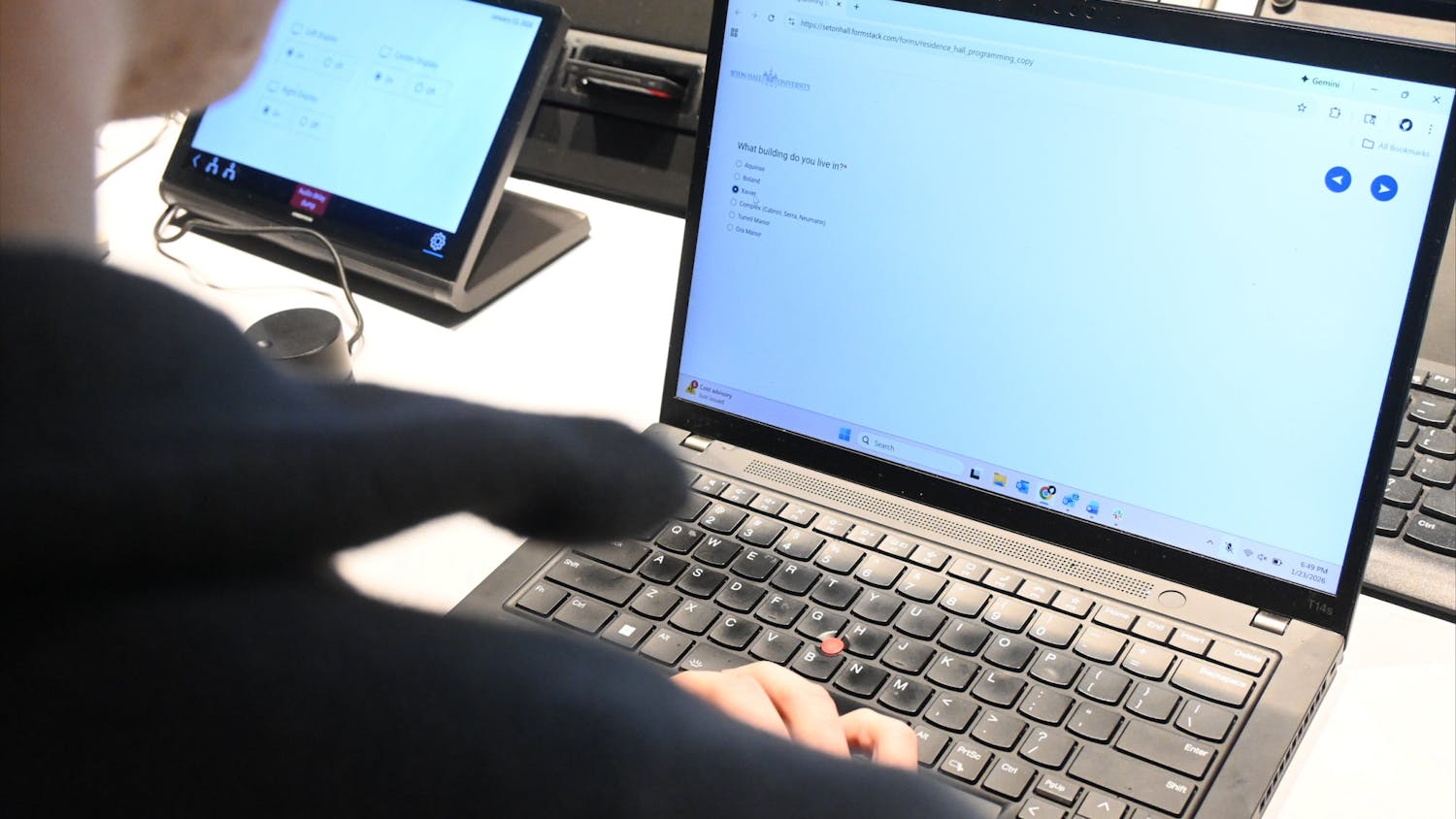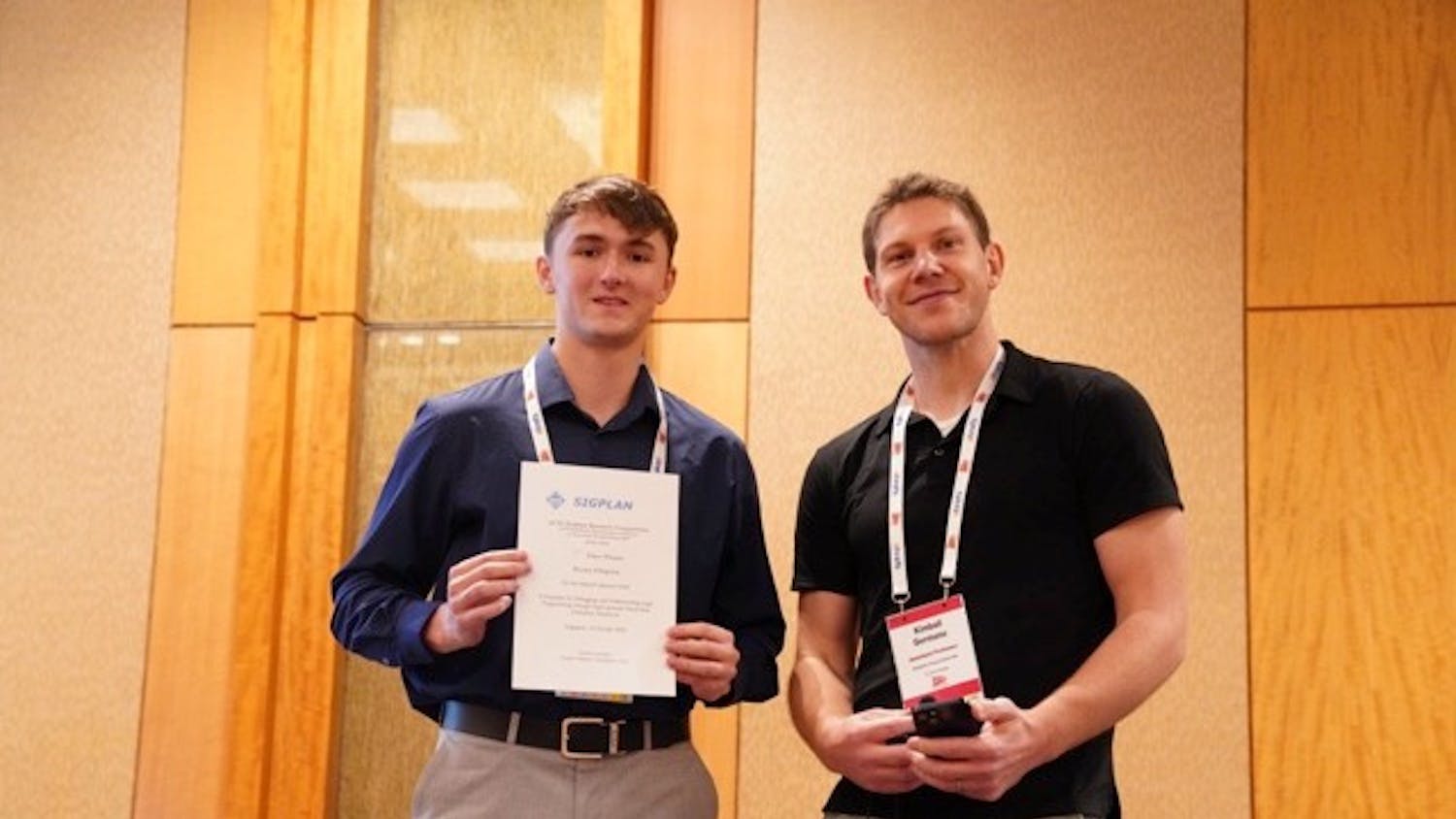[caption id="" align="alignnone" width="600"] Courtesy of behance.net[/caption]
Seton Hall students are getting the chance to “add their 2 cents” to an initiative run by the Coca-Cola Company starting this fall.
“Each time an individual Coke product is purchased, the customer will be asked if they would like to donate two cents to support the project,” said Michael Garcia, the University’s director of business affairs,
This initiative is called Project RIPPLE. The money collected on all of those cans will go towards helping communities throughout seven countries in one of three different ways: women’s economic empowerment, safe drinking water initiatives or the enhancement of a specified community’s well-being.
Not only will the University help to raise the funds for Project RIPPLE, but Seton Hall plays a role in deciding which of the three causes receives the money. According to Garcia, representatives from the initiative that conducted a survey on campus to get an idea of which cause was chosen the most.
At the end of the program in December, Coca-Cola will match up to $5,000 of the amount raised on campus. The initiative is called Project RIPPLE because it strives, like a drop in the ocean; to cause a “far reaching” ripple effect from a small amount.
Thinking about the impact he thought the initiative would have on campus, Mario Torres, a junior marketing major, said that SHU is already a helpful community.
“We already donate money so, I don’t think it will change anything,” said Torres. “It’s all about helping others.”
Other students seem to share Torres’ reaction toward Project RIPPLE.
“People will donate because it’s only two cents,” seems to be the popular answer to whether or not students believe the project will be successful.
“It’s not a big impact on my wallet,” said Brittany Hull, a freshman. “However, two cents for others could do a lot.”
Disha Mistry, a second year graduate student, wants to see what the people in the receiving countries do with the money that is donated as a result of Project RIPPLE. Mistry will like to see the project become an annual initiative if this year proves to be successful.
“$5,000 goes a long way in other countries but, we can’t know everything that other people need,” said Mistry.
Garcia explains that the originator of the idea, The Global Water Challenge, hopes that working with corporations like Coca-Cola, it will be able to provide safe water and sanitation to communities.
Coca-Cola has 175 EKOCENTER kiosks--stations that provide clean water--spread out over seven different countries to help communities become self-supporting.
Alexandra Gale can be reached at Alexandra.gale@student.shu.edu.
Courtesy of behance.net[/caption]
Seton Hall students are getting the chance to “add their 2 cents” to an initiative run by the Coca-Cola Company starting this fall.
“Each time an individual Coke product is purchased, the customer will be asked if they would like to donate two cents to support the project,” said Michael Garcia, the University’s director of business affairs,
This initiative is called Project RIPPLE. The money collected on all of those cans will go towards helping communities throughout seven countries in one of three different ways: women’s economic empowerment, safe drinking water initiatives or the enhancement of a specified community’s well-being.
Not only will the University help to raise the funds for Project RIPPLE, but Seton Hall plays a role in deciding which of the three causes receives the money. According to Garcia, representatives from the initiative that conducted a survey on campus to get an idea of which cause was chosen the most.
At the end of the program in December, Coca-Cola will match up to $5,000 of the amount raised on campus. The initiative is called Project RIPPLE because it strives, like a drop in the ocean; to cause a “far reaching” ripple effect from a small amount.
Thinking about the impact he thought the initiative would have on campus, Mario Torres, a junior marketing major, said that SHU is already a helpful community.
“We already donate money so, I don’t think it will change anything,” said Torres. “It’s all about helping others.”
Other students seem to share Torres’ reaction toward Project RIPPLE.
“People will donate because it’s only two cents,” seems to be the popular answer to whether or not students believe the project will be successful.
“It’s not a big impact on my wallet,” said Brittany Hull, a freshman. “However, two cents for others could do a lot.”
Disha Mistry, a second year graduate student, wants to see what the people in the receiving countries do with the money that is donated as a result of Project RIPPLE. Mistry will like to see the project become an annual initiative if this year proves to be successful.
“$5,000 goes a long way in other countries but, we can’t know everything that other people need,” said Mistry.
Garcia explains that the originator of the idea, The Global Water Challenge, hopes that working with corporations like Coca-Cola, it will be able to provide safe water and sanitation to communities.
Coca-Cola has 175 EKOCENTER kiosks--stations that provide clean water--spread out over seven different countries to help communities become self-supporting.
Alexandra Gale can be reached at Alexandra.gale@student.shu.edu.





